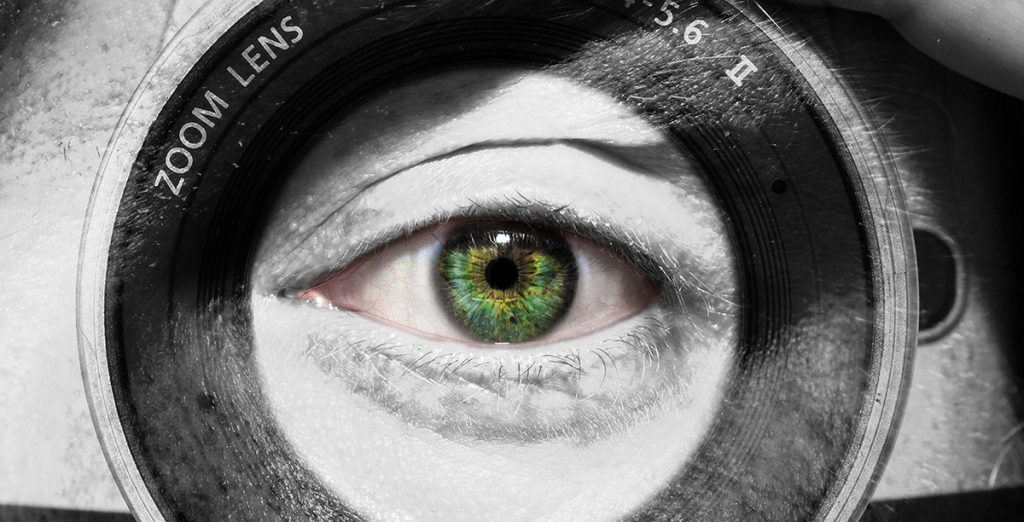Limited Perspective
There are times when I witness, either in others, or myself a habit of looking at life from a single point of view. I see it most often in unexplored beliefs about ourselves, the way we see others and how we view the world we live in. I also see this limited perspective as an outcome of our automatic negative thoughts. Automatic negative thoughts are mental dialogues that tend to categorize our experiences into extremes like “all or nothing,” “always,” “never,” and “should.”
Single point focus might be useful when it comes to embracing a beautiful moment or getting out of the way of danger, but it rarely ever gives us enough information from which to draw a conclusion or make a decision. Single point focus often keeps us stuck in habitual cycles that take away from realizing our potential or the potential in others.
Personally, the minimum number of perspectives I consider is four. This includes the singly focused detail, the big picture, the opposing point of view and my internal world. However, those views are rarely enough. I often try to look at many more angles. Plus I try to consider different circumstances to help me gain a better understanding about the context.
Not only is it important to look at life from different points of view it is just as important to identify the lens you are wearing while you are looking. Our attitudes, intentions and mindset affect how we interpret what we see. One of the best intentions is to remain curious. Curiosity does not kill the cat. It makes its world bigger.
Lastly, while considering the external possibilities, I simultaneously am taking in the workings of my inner perceptions, my feelings and hunches. It’s important to note that we are constantly receiving billions of messages through our entire body every day. Our body is a huge organ of perception and must never be minimized or discounted. I find that my body seldom misleads me. It actually acts as a truth meter. But my mind is another thing; it has sent me on lots of wild goose chases. Unfortunately, most of us were taught the exact opposite. We were encouraged to believe in logic or reason first. Many of us were taught that our emotions should not be trusted. Interestingly, it is our mind that is constantly re-writing our lives, not our body.
It’s important to remember that self-confidence is built from trusting in our own interpretations. In order to create sureness, we need to reliably connect to our intuition. Our intuition receives its information from our own visions, thoughts, emotions and senses. It is only when we “check in” that we can actually hear the sound of our own inner voice. Interestingly, when we take the time to listen to our own voice we never regret the choices we make.



